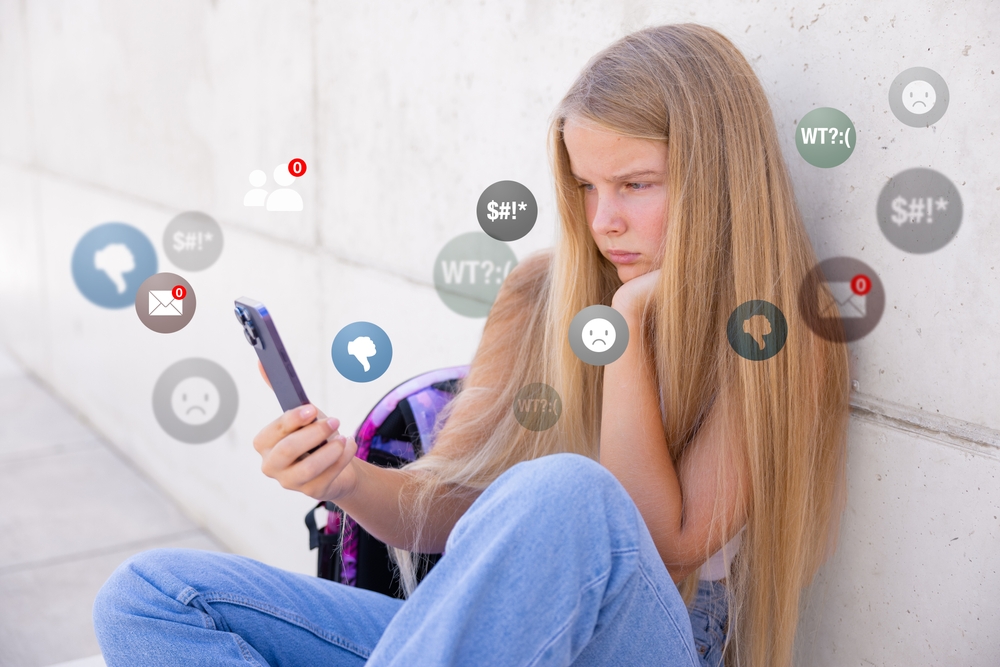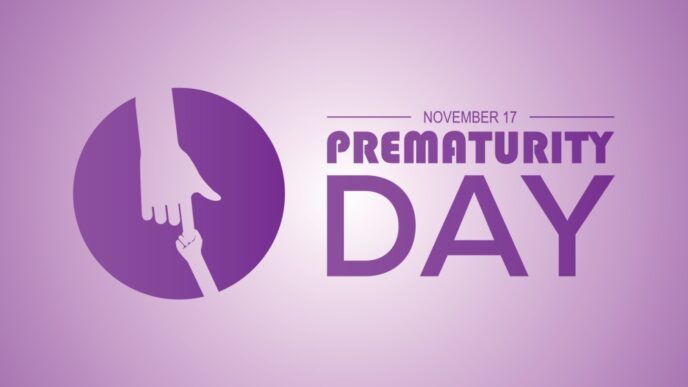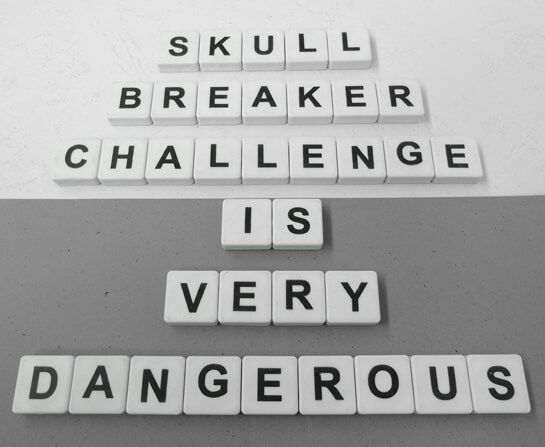Malaysia’s young generation lives online — studying, socialising, and working in a world of constant connectivity. However, all this screen time comes with mental health risks. Building emotional intelligence (EI) is key to helping these youths navigate digital life responsibly, stay resilient, and foster meaningful connections beyond the screen.
WORDS JOLENE CHONG YEN YEN
 FEATURED EXPERT FEATURED EXPERTJOLENE CHONG YEN YEN Lecturer School of General Studies and Languages Faculty of Social Sciences and Leisure Management Taylor’s University |
Today’s Malaysian youth are growing up in a world where being online isn’t a choice — it’s a given.
- With over 97% of Malaysians connected and the average person spending roughly 8 hours a day online, the digital world has become as real as the physical one.
- For young Malaysians, who have never known life without screens, technology touches nearly every part of life.
- Social media platforms like TikTok, Instagram, and Facebook dominate communication, while apps like WhatsApp have replaced letters and even phone calls.
- Schools are keeping pace too, integrating online learning to make education more flexible and interactive.
THE DARKER SIDE OF BEING ONLINE
Yet behind the screens, there’s a hidden challenge.
- Between 2019 and 2023, Malaysia’s teenage depression rates doubled.
- Constant online pressure, fear of missing out (FOMO), and social comparison take a toll. Prolonged screen time can even dull empathy and fuel conflicts online.
- Globally, experts warn that excessive digital interaction can blur emotional boundaries, isolating young people from real-world support networks.
Malaysia faces the same risks, compounded by cyberbullying, scams, and misinformation.
THE IMPORTANT OF EMOTIONAL INTELLIGENCE (EI)
Emotional intelligence (EI) is about recognizing and managing one’s emotions and empathizing with others — a skill just as important as knowing how to code or use an app.
Teens with strong EI:
- Handle online drama better
- Set healthy screen boundaries
- Know when to unplug to recharge
Think of EI as the pause button on a remote. Instead of reacting instantly to an upsetting post, a young person can take a breath, assess the situation, and respond thoughtfully. This not only prevents mistakes online but also preserves mental health and relationships offline.
Building Empathy in a Digital World
EI isn’t just about self-control — it’s also about understanding others.
- Teens who consider the real person behind every screen are less likely to engage in cyberbullying or toxic arguments.
- Instead, they can use digital spaces to share knowledge, support peers, and nurture meaningful connections.
EI also helps youths recognize distress in themselves and others.
- They’re more likely to reach out to friends, family, or professionals, rather than seeking validation from anonymous forums or AI chatbots.
HOW TO BUILD EI IN OUR CHILDREN
Strengthening EI requires a team effort.
- Parents can model empathy through open conversations.
- Schools can weave EI exercises into classrooms with reflection activities, teamwork, and community projects.
- Organizations and policymakers can back this up with national campaigns for mental well-being and cyber wellness.
In the end, raising a generation that excels online isn’t just about teaching technology—it’s about guiding them to lead with empathy, emotional depth, and resilience.
Emotional intelligence is the bridge between the digital world and real-life well-being, and investing in it today sets up Malaysian youths for a healthier, more balanced future.
| This article is part of our series on parenting. |










